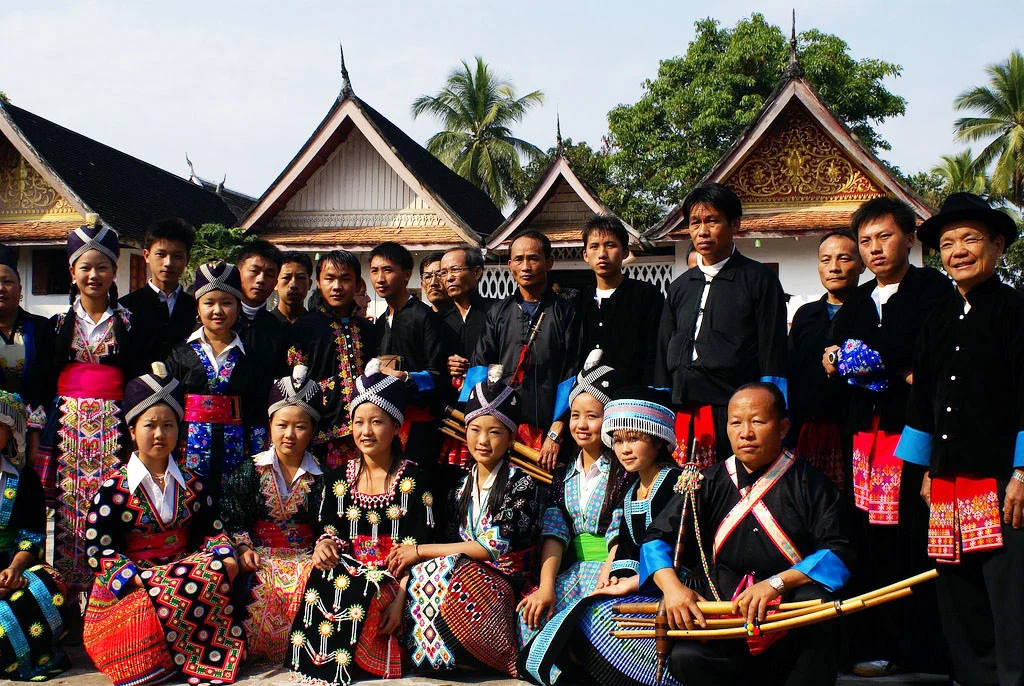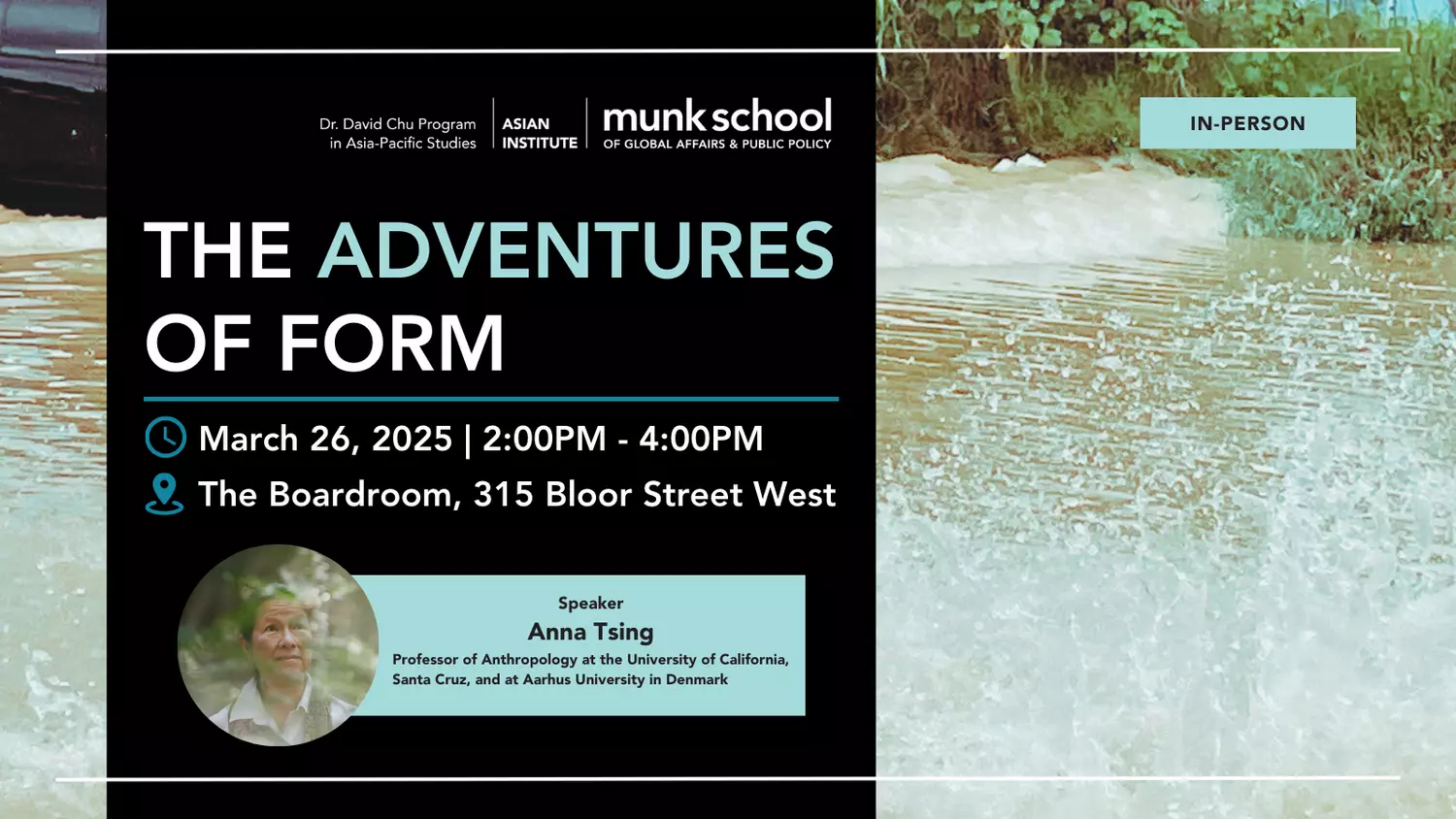With the recent move by Taiwan’s Constitutional Court to legalize same-sex marriage, some regional political observers have speculated on whether this will have a ripple effect on LGBT rights in mainland China. Chinese advocacy groups calling for the improvement of LGBT visibility in China are garnering increased international attention, but such perspectives often face opposition. In May 2017, a group of mothers attempting to matchmake their openly gay children in Shanghai’s infamous “Wedding Market” at the People’s Park were evicted by police after facing public harassment from both curious and angry onlookers (Bhandari). Meanwhile, in the policy realm, Chinese courts have repeatedly turned down same-sex couples’ appeals for marriage certificates, another indicator of same-sex partners’ lack of civil and legal protections in China (Reuters). In one legal case, China’s Education Ministry was sued for describing homosexuality as a “disorder” in multiple academic textbooks (Piao). While both cases failed to trigger immediate changes to the legal system, commentators have noted that such instances mark increased public awareness on issues regarding gay rights and the potential for inspiring the Chinese public to advocate for improved LGBT representation in China overall (Wu).
What would be the impact of same-sex marriage legislation in the mainland? Academic observers like Hildebrandt argue that such a policy would present an opportunity to improve China’s human rights record, helping the state to “shed its reputation as a violator of human rights, thereby increasing its international legitimacy and also consolidating its rule at home” (1317). However, Hildebrandt also notes how this is challenged by numerous policies the Chinese state has pursued over the years, citing the major crackdown on various activist groups during the 2008 Olympics, a high execution rate due to capital punishment, and continued ties with violent regimes like the Sudanese government’s. The state’s relations to foreign nongovernmental organizations (NGOs) are complicated by the implantation of the Overseas NGO Management Law in January 2017, which constrains the ability of NGOs to gain access to China. This is due to complex registration laws requiring foreign NGOs to work in conjunction with an approved Chinese “professional supervisory unit” (Shi-Kupfer and Lang).
While there is currently an absence of legislation criminalizing homosexuality, LGBT individuals still face many challenges in accessing health services and civil rights in general. As Burki writes, stigmatizing discourse conflating homosexuality with mental illness as well as dominant Confucian-patrilineal discourses with a “powerful emphasis on having children and continuing the family line” continue to hurt China’s LGBT community. A recent trend towards conversion therapy has resulted in various human rights abuses including forced medication use, electrotherapy, and solitary confinement (Associated Press). Burki points out that while recent generations of Chinese citizens from the 1970s onwards have a better understanding of sexuality topics and that China’s response to the HIV pandemic has been effective in preventing its spread amongst homosexual men, there is still a deficit in engaging the wider society and destigmatizing non-heterosexuality because of inadequate sex education policies.
It is uncertain whether these issues will be directly addressed by the Chinese state or whether China’s broader contemporary society will continue to advocate for LGBT rights and representation. But with an increasing global consensus on issues regarding human rights and many advocates arguing that LGBT communities’ rights be included, the issue will almost certainly test China’s ability to respond to pressures of liberalization while maintaining legitimacy as a single party state regime.
References
The Associated Press. “China Must Ban Abusive Gay ‘Conversion Therapy,’ Rights Group Says.” CBC News, 15 Nov. 2017, http://www.cbc.ca/news/health/china-lgbt-conversion-therapy-1.4403693.
Bhandari, Bibek. “At Wedding Market, Mothers of Gays and Lesbians Face Resistance.” Sixth Tone, 20 May 2017, http://www.sixthtone.com/news/1000233/at-wedding-market%2C-mothers-of-gays-and-lesbians-face-resistance.
Burki, Talha. “Health and Rights Challenges for China’s LGBT Community.” World Report, vol. 389, no. 10076, 1 Apr. 2017, pp. 1286. The Lancet, doi: https://doi.org/10.1016/S0140-6736(17)30837-1.
Hildebrandt, Timothy. “Same-Sex Marriage in China? The Strategic Promulgation of a Progressive Policy and its Impact on LGBT Activism.” Review of International Studies, vol. 37, 26 Aug. 2010, pp. 1313-1333. British International Studies Association, doi:10.1017/S026021051000080X.
Piao, Vanessa. “高校教材称同性恋为疾病,女大学生起诉教育部.” 时报看中国, 21 Aug. 2015, https://cn.nytimes.com/china/20150821/c21sino-texts/.
Reuters Staff. “Chinese Court Rejects Landmark Same-Sex Marriage Case.” Reuters, 13 Apr. 2016, https://www.reuters.com/article/us-china-gay-marriage/chinese-court-rejects-landmark-same-sex-marriage-case-idUSKCN0XA1B7.
Shi-Kupfer, Kristin, and Bertram Lang. “Overseas NGOs in China: Left in Legal Limbo.” The Diplomat, 4 Mar. 2017, https://thediplomat.com/2017/03/overseas-ngos-in-china-left-in-legal-limbo/.
Wu, DD. “A Closer Look at Gay Rights in China.” The Diplomat, 26 May 2017, https://thediplomat.com/2017/05/a-closer-look-at-gay-rights-in-china/.
Michelle Lee is a third-year student at the University of Toronto, studying Contemporary Asian Studies, East Asian Studies, and Sociology. She is currently serving as a Contributor for Synergy Journal.








